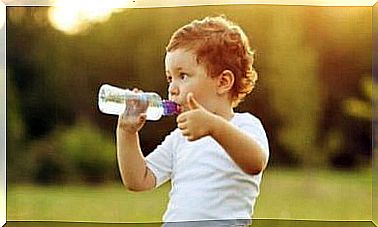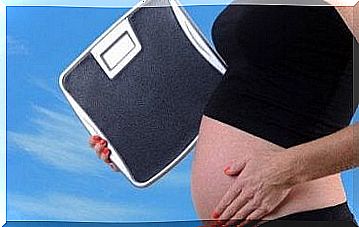Mastitis And Probiotics – Parenthood
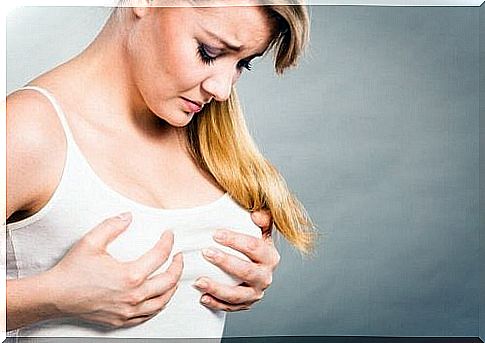
Statistics show that mastitis affects 10% of breastfeeding women. In reality, this condition has no effect on the health of the baby; it only causes discomfort and anxiety.
When the mother suspects that she has it, the combination of mastitis and the probiotics with which she is treated will harm the child; it will generate anxiety and worry.
The sharp pain that a mom with mastitis feels when breastfeeding her baby can be discouraging. If the doctor has prescribed medication, she will want to prevent them from affecting her child.
Sometimes it is thought that the only solution is to stop breastfeeding and feed the baby cow’s milk or special foods. However, nothing compares to breast milk. Stopping breastfeeding is not necessary; in fact, it is the worst decision with mastitis.
Mastitis and probiotics: a healing alliance
Mastitis is an infection, usually of bacterial origin, that occurs during breastfeeding. The microorganisms that cause it enter the breast tissue; they enter through a small wound in the breast that the child sometimes generates when breastfeeding.
As a result, specific symptoms appear. The breast becomes inflamed, the skin turns red, and the pain is very intense, similar to needles sticking into the affected area. In addition, the woman feels depressed and listless.
As with most infections, medication may be needed to treat mastitis. In this scenario, the link between mastitis and probiotics becomes very effective.
Before that, antibiotics were the option to treat mastitis; however, there are infectious agents that are resistant to it. Today, the state of health of women is improved thanks to probiotics.
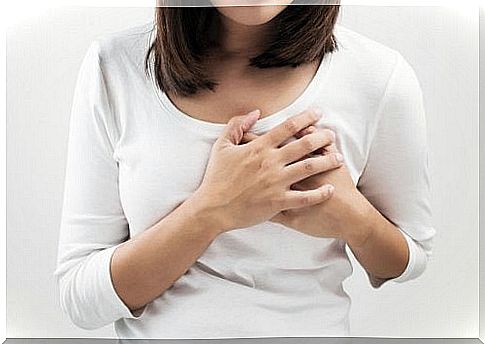
How do mastitis and probiotics interact?
There are a few variables to consider in the link between mastitis and probiotics:
- The point of view for determining the treatment of mastitis is no longer the same. Instead of trying to eliminate the microorganisms that cause it, the idea is to strengthen the weak or damaged ones.
- What are probiotics? These are living microorganisms which, when given in adequate doses, improve the health of the body. Usually these are lactobacilli and bifidobacteria.
- How do probiotics work on mastitis? Breast milk is not sterile. In the breast there are a large number of microorganisms that contribute to the composition of the intestinal flora of the baby; these microorganisms are in equilibrium. When this balance is disturbed, mastitis appears.
- Probiotics are used to restore balance; for this, we provide the mother with the microorganisms she needs.
- Why not the antibiotics? This is because antibiotics are not inherently bad and do not harm the child. However, some strains that cause mastitis are resistant to antibiotics and therefore antibiotics are not effective in these cases. Sometimes antibiotics and probiotics are used at the same time.
- How do you know if the condition requires probiotics? By culturing breast milk, the professional will find out which strains are causing the infection and which need to be reinforced. From this information, the case-specific probiotics are provided.
“Stopping breastfeeding is not necessary; in fact, it is the worst decision in case of mastitis ”
Prevention with probiotics
In addition to the above, other questions related to mastitis may arise. We will now dig deeper into some of them:
- Can mastitis be prevented by taking probiotics? Taken in the right amount and form, probiotics can prevent mild mastitis. They prevent the colonization of staphylococci and streptococci, which are the most responsible agents of infection.
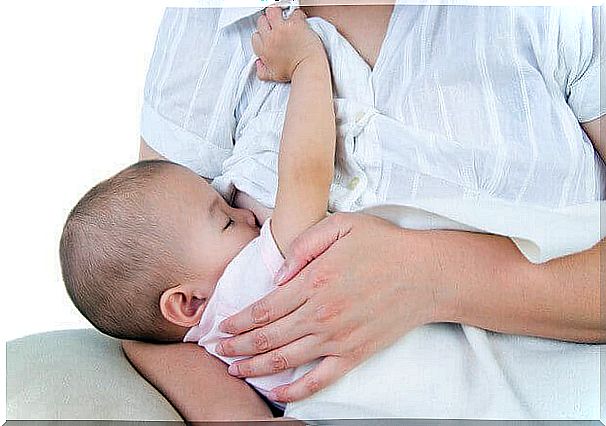
- How to consume probiotics? Usually, they are administered orally. In pharmacies, they are found in the form of tablets or soluble sachets; It is always important to consult a professional about the benefit of taking probiotics.
- What are the other effects of probiotics while breastfeeding? In addition to preventing or treating mastitis, probiotics help treat other breast diseases caused by milk.
- Do they affect the quality of the milk? It is certain that the intake of probiotics slightly changes the composition of the milk, but this does not affect the health of the mother or child in any way.
Finally, the problems that colonies of microorganisms in the breast cause in women are diverse. Mastitis is the most common; to deal with it, mastitis and probiotics are a good combination.




